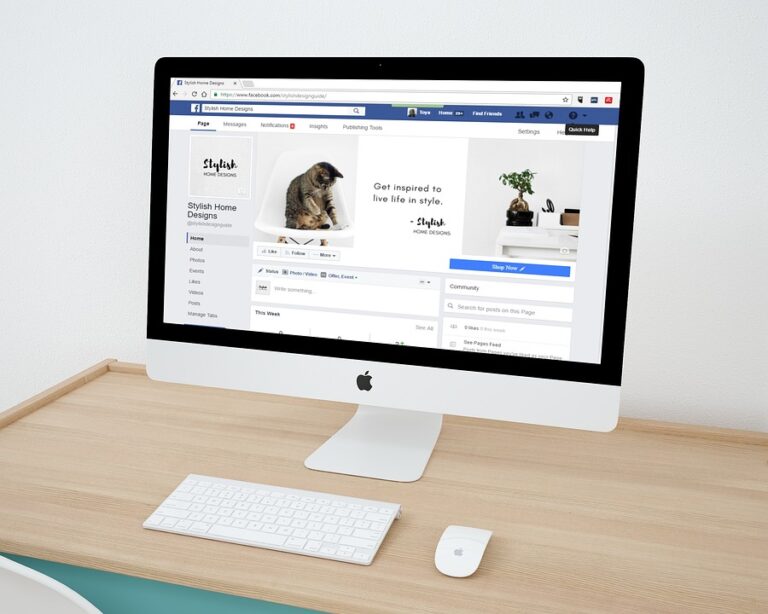Introduction
Social proof is a powerful psychological phenomenon where people assume the actions of others in an attempt to reflect correct behavior for a given situation. In marketing, social proof plays a crucial role in influencing consumer behavior and purchase decisions. By showcasing positive experiences and testimonials from satisfied customers, businesses can build trust and credibility with potential customers. In this blog post, we will explore several case studies that demonstrate the effectiveness of social proof in action.
Case Study 1: Airbnb
Airbnb is a prime example of a company that leverages social proof to build trust and credibility with its users. By prominently displaying reviews and ratings from previous guests on its platform, Airbnb helps potential guests feel more confident in booking accommodations with strangers. In addition, Airbnb also showcases social proof through its Superhost program, where hosts with exceptional ratings and reviews are designated as Superhosts, further enhancing their credibility and trustworthiness.
Case Study 2: Amazon
Amazon is another major player that effectively utilizes social proof to influence consumer behavior. The e-commerce giant prominently displays customer reviews and ratings on product pages, allowing shoppers to make informed purchasing decisions based on the experiences of others. Additionally, Amazon also features a “Customers who bought this item also bought” section, which serves as social proof by showing related products that other customers have purchased.
Case Study 3: Starbucks
Starbucks is known for its loyal customer base, and social proof plays a significant role in fostering this sense of community. By featuring customer testimonials and user-generated content on its social media channels, Starbucks creates a sense of belonging and authenticity that resonates with its audience. Starbucks also utilizes social proof through its rewards program, where customers can earn points and receive exclusive offers based on their loyalty and engagement with the brand.
Case Study 4: Tesla
Tesla is a prime example of a company that has built a cult-like following through social proof. By showcasing testimonials and reviews from satisfied Tesla owners, the company has created a sense of exclusivity and desirability around its electric vehicles. Tesla also leverages social proof through its referral program, where existing customers can earn rewards for referring new customers, further incentivizing word-of-mouth marketing and brand advocacy.
Conclusion
Social proof is a powerful marketing tool that can help businesses build trust, credibility, and loyalty with their customers. By showcasing positive experiences and testimonials from satisfied customers, companies can influence consumer behavior and drive sales. The case studies discussed in this blog post demonstrate the effectiveness of social proof in action and highlight how businesses can leverage this psychological phenomenon to their advantage.
FAQs
What is social proof?
Social proof is a psychological phenomenon where people assume the actions of others in an attempt to reflect correct behavior for a given situation. In marketing, social proof refers to the influence that positive experiences and testimonials from satisfied customers can have on consumer behavior and purchase decisions.
How can businesses leverage social proof?
Businesses can leverage social proof by showcasing positive reviews, ratings, and testimonials from satisfied customers on their website, social media channels, and other marketing materials. Additionally, businesses can incentivize word-of-mouth marketing through referral programs and loyalty rewards programs to encourage brand advocacy.
What are some common types of social proof?
Common types of social proof include customer reviews and ratings, testimonials, user-generated content, social media engagement, endorsements from influencers or celebrities, and awards or certifications from reputable organizations.
